Yet another wake-up call
The law protecting the hills is tough. It allows nobody to cut or raze even his or her own hill or hillock. If any body does so, he or she would commit a criminal offence and could be sentenced to jail and fined.
There is, however, an exception in the law -- Environmental Conservation Act 1995 -- that allows cutting of hills for national interest, like prevention of loss of life or property.
If a hill needs to be cut for such a reason, one must take permission from the Department of Environment under the Ministry of Forest and Environment.
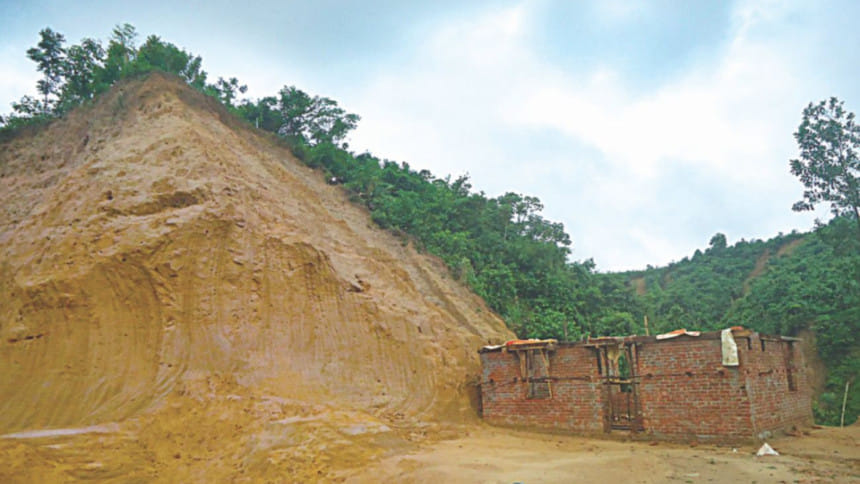
This goes for everyone, be the owner an individual, a company or the government itself.
The latest disaster in the hills proves how a perfectly good law could be of little use if not properly enforced.
Like every other law, the state had expressed its will in the environmental conservation act. The will was to protect the hills and hillocks from indiscriminate cutting. The government administration was legally obliged to enforce the law properly.
But the administration has utterly failed largely due to corruption.
The law was not allowed to rule the country's hill region, rather people's greed and corruption prevailed.
Therefore, no prohibition worked. Over the years, people felled trees, cleared forest for commercial plantation and cultivation, and built houses on hill slopes in the Chittagong region. By doing so, they themselves invited disasters for people living there. More than 500 people died in landslides in the hills in the last 11 years.
The latest horror in the hills has become another example how failure to enforce laws has disastrous consequences.
This also says that when the administration continuously fails to act to establish the rule of law, the rule of crooked individuals begins.
Numerous incidents of disasters have taken place in recent times.
None should forget the deaths of over 1,100 garment workers in Savar's Rana Plaza collapse in 2013, deaths of 115 garment workers in a fire at Tazreen Fashion in 2012, and the deaths of another 64 in the Spectrum Garments building collapse in April 2005. The devastating fire incident in the capital's Nimtoli in 2010 killed 117 people.
There are many more incidents like these.
Non-enforcement of laws has also caused frequent disasters in water ways that left numerous people dead.
One of the worst launch capsizes was in March 2012 in the Meghna river. No fewer than 145 passengers perished.
The road network is not free from the curse of corruption and violation of laws either. Due to illegal practices and blessings by ruling party men, untrained drivers get licences, and unfit vehicles get road permits.
These cause frequent road crashes, killing and maiming many every year.
The communications minister last week told parliament that a total of 888 people were killed in road accidents across the country in the first four months of 2017.
Whenever a manmade disaster occurs, the government wakes up and promises to take some measures to prevent recurrence.
But after a few months, things go back to the way it was.
It has been like this in the hills, in the garment sector, on water ways, in the transport sector and where not, as if we live to mourn deaths of our people.
Here, every tragedy mocks the rule of law. Every unfortunate incident unequivocally tells the truth that people are not safe until law rules. When will our policymakers wake up to this reality?

 For all latest news, follow The Daily Star's Google News channel.
For all latest news, follow The Daily Star's Google News channel. 

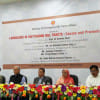
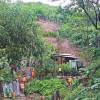
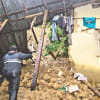
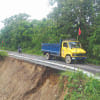
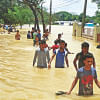


Comments